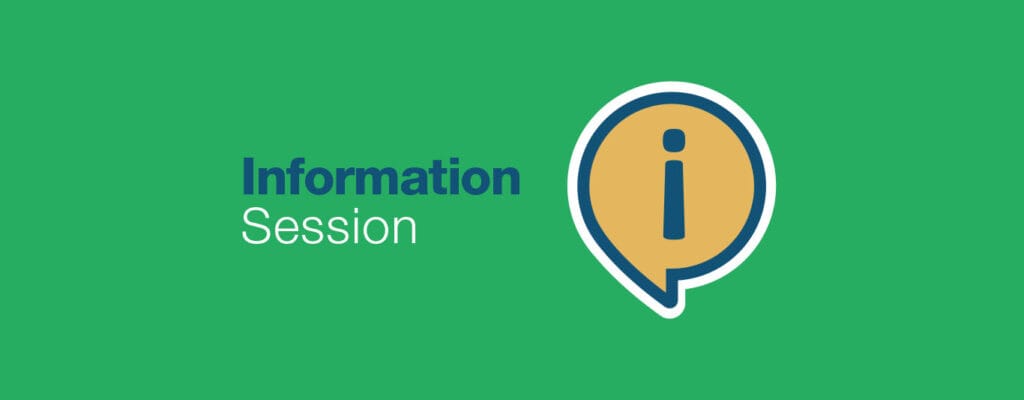A task force led by former Secretary of State Condoleezza Rice and former New York City schools chancellor Joel Klein released a report that states American students rank behind their peers in reading, math and science in many other developed and industrialized countries, and that this “educational failure” poses a risk for our future military and economy.
According to the report, more than 25 percent of students—and nearly 40 percent of minority students—do not graduate high school in four years, and many of those who do graduate are not adequately prepared for college, high-skilled jobs, or military service.
Although the data in the report focus mainly on high school students, early childhood and elementary education reform is crucial to improving the overall achievement of students in the United States. Providing children with a strong foundation in reading, writing and math improves their chances of higher achievement in middle school and high school and increases the likelihood that they will graduate and be better prepared for college and careers. In fact, children who read by third grade are four times more likely to graduate from high school than their peers who do not reach that milestone, according to a study by the Annie E. Casey Foundation.
This is what CLI strives to do: give teachers the skills and resources they need to provide high-quality reading and writing instruction to their students so that they can succeed. The effect of our work is long-lasting in two ways. Model Classroom teachers who receive training, coaching, and resources from CLI carry what they’ve learned throughout their career, impacting hundreds of children. Students placed in CLI Model ClassroomsTM are more likely to be strong, confident readers and writers by the end of third grade because they have the opportunity to learn in a creative and engaging classroom environment filled with books and work regularly with their classmates.
CLI prepares educators to teach for the future, as well as for today. The skills they teach their students now, such as identifying and defining new vocabulary words or writing complex sentences and paragraphs, are the building blocks for more advanced learning and for developing the skills they will need to be successful in their future education and careers.





